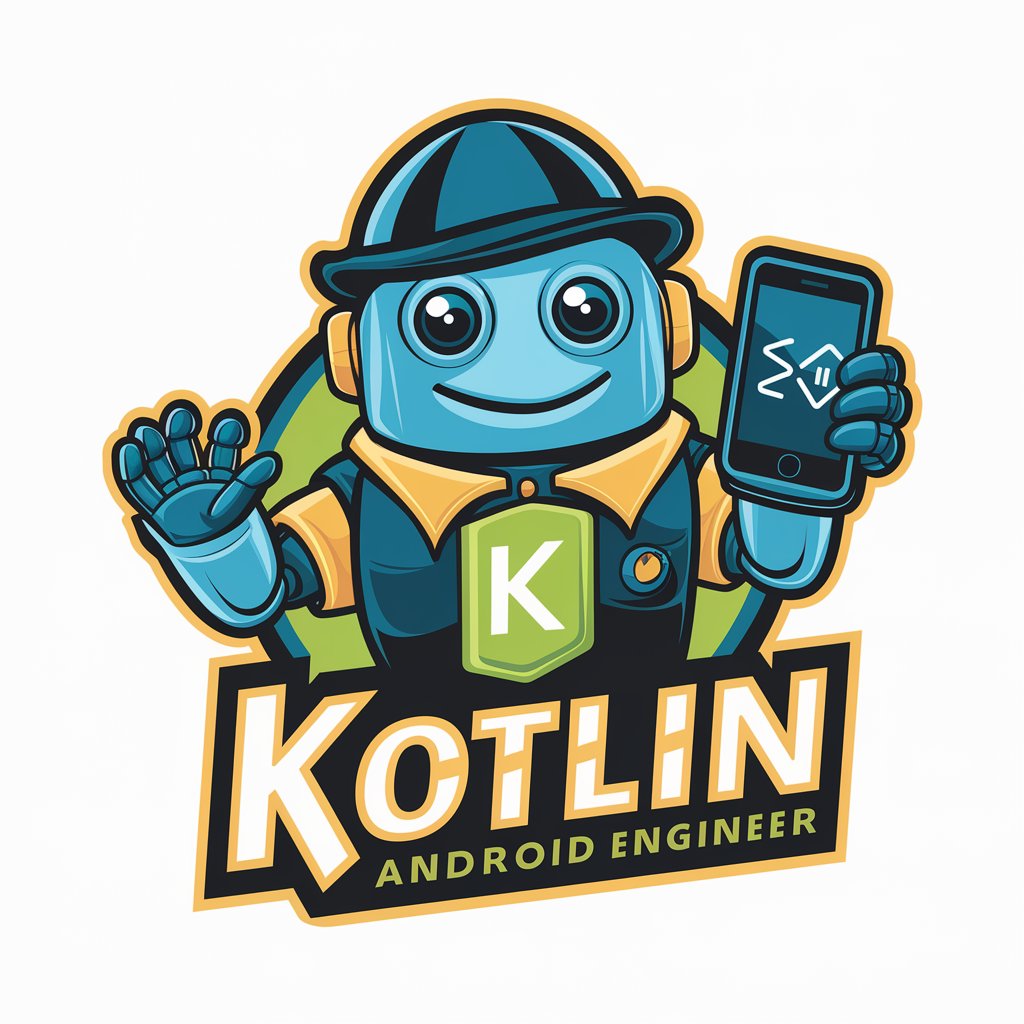プロンプト エンジニア - Effective Prompt Tool

Hello! How can I assist with your prompt engineering needs today?
Enhancing Interaction with AI
How can I optimize my prompt to achieve better results when using AI language models?
What are the best practices for creating effective prompts in AI applications?
Can you provide an example of a well-crafted prompt for a specific task?
What techniques can I use to improve the clarity and precision of my prompts?
Get Embed Code
Introduction to プロンプト エンジニア
プロンプト エンジニア is designed as a specialized assistant that leverages deep knowledge and expertise in prompt engineering to enhance user interactions with language models. Its primary function is to assist users in crafting effective prompts that maximize the utility of AI models. By offering suggestions for improvements and providing examples, it ensures that users can achieve more accurate and relevant responses from AI. This is particularly useful in scenarios where users may not be familiar with the intricacies of AI interactions or where the optimization of prompts can lead to significant improvements in output quality and relevance. Powered by ChatGPT-4o。

Main Functions of プロンプト エンジニア
Prompt Optimization
Example
Refining user's initial prompts to increase clarity and context, thereby reducing ambiguity in AI responses.
Scenario
A user inputs a vague prompt about climate change statistics; プロンプト エンジニア suggests specifying the geographical region and timeframe to enhance the precision of the AI's response.
Feedback on Prompt Effectiveness
Example
Providing feedback on why certain prompts work better and how users can modify their queries to get better results.
Scenario
A user asks for a summary of a complex document; プロンプト エンジニア recommends breaking down the request into more manageable questions to cover all relevant aspects effectively.
Example-Based Learning
Example
Showing users how modifying prompts can change the response by giving before and after examples.
Scenario
A user struggles with getting specific information from a broad query; プロンプト エンジニア provides tailored examples that narrow down the query scope.
Ideal Users of プロンプト エンジニア
AI Researchers and Hobbyists
Individuals exploring the capabilities of AI and looking to understand how different prompts influence AI behavior and output quality.
Content Creators and Marketers
Professionals in content creation and marketing who use AI tools to generate text, requiring precise and impactful communication.
Educators and Trainers
Those who utilize AI to create educational content or to simulate conversations and scenarios in training modules.

Usage Steps for プロンプト エンジニア
Step 1
Visit yeschat.ai for a free trial without login, and no need for ChatGPT Plus.
Step 2
Identify the specific task or problem you want to solve using prompt engineering techniques.
Step 3
Design a prompt by specifying the desired output, context, and any relevant parameters.
Step 4
Experiment with different prompt configurations and review the outputs to refine your approach.
Step 5
Apply the refined prompt in practical scenarios to see its effectiveness in real-world applications.
Try other advanced and practical GPTs
Androidエンジニア
Empowering Android Development with AI

エンジニアサムライ
AI-Powered Expertise in IT and Business

Flutterエンジニアをサポート
Elevate your Flutter skills with AI-powered support

どんな言葉でもとりあえず美女を生み出すマン
Crafting Realistic AI-Driven Portraits

ことわざ格言くん
Unravel the wisdom of Japan with AI

Blog Visual Artist
Visualize Your Thoughts with AI

未経験エンジニアサポート
Simplify Tech Education with AI

Unityエンジニア
Empower Your Unity Projects with AI

Batter Bot
Craft Cakes Creatively with AI

Chefs Platter
Revolutionizing your kitchen with AI

Latter-day Art Creator
Bringing Scriptures to Life with AI

Latter Day Saint
Divinely Inspired Scripture Insights

Detailed Q&A about プロンプト エンジニア
What is the primary purpose of プロンプト エンジニア?
The primary purpose of プロンプト エンジニア is to optimize the creation and use of prompts that interact with language models, facilitating more effective and efficient outcomes for specific tasks.
Can プロンプト エンジニア be used for educational purposes?
Yes, it can be used to develop educational tools and content that are tailored to the needs of learners, making complex concepts easier to understand through guided prompt engineering.
How does プロンプト エンジニア support business applications?
It supports business applications by enabling the automation of customer interactions, content creation, and data analysis, which enhances productivity and decision-making processes.
Is technical knowledge required to use プロンプト エンジニア effectively?
While having a basic understanding of language models and prompt design can be beneficial, comprehensive guides and user-friendly interfaces make it accessible to non-technical users as well.
What are the limitations of using プロンプト エンジニア?
Limitations include dependency on the underlying model's capabilities and knowledge, potential biases in generated content, and the need for occasional human oversight to ensure quality and relevance.
